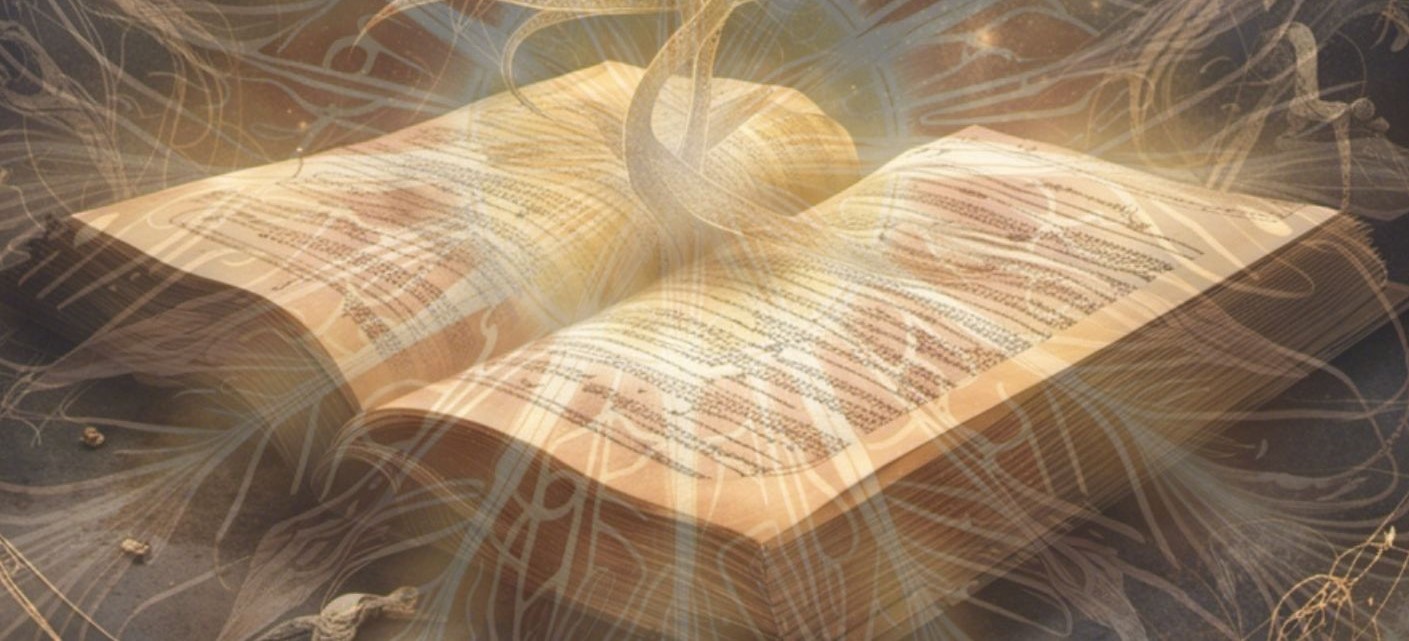Mbali
Naming Traditions
Feminine names
Popular feminine names include Adanna, Kaya, Zuri, Nia, and Ayanna.
Masculine names
Common masculine names include Kwame, Malik, Jabari, Jelani, and Chijioke.
Unisex names
Names like Amari, Tai, Tumi, Kimani, and Dakarai are commonly given to both males and females.
Family names
The Mbali people often take pride in family names that reflect their ancestral heritage, with surnames like Ogunlesi, Nkosi, Afolayan, Mwangi, and Zuma.
Other names
Honorific names like Ife, meaning "love," or Lethabo, meaning "joy," are often used.
Culture
Culture and cultural heritage
Vibrant music, dance, and art, with a rich tradition of storytelling and oral history.
Shared customary codes and values
Respect for elders, communal harmony, and a strong connection to nature are central values. The community often follows a communal land-use system.
Average technological level
The Mbali society has achieved a harmonious blend of traditional and modern technologies, emphasizing sustainability and community well-being.
Common Etiquette rules
Greetings are warm and accompanied by a handshake or hug. Elders are greeted first, and it's customary to offer assistance to those in need.
Common Dress code
Vibrant and colorful fabrics are worn, often with symbolic patterns. Beadwork and woven accessories are common.
Art & Architecture
Mbali art is expressive and often depicts stories through intricate beadwork, carvings, and murals. Traditional architecture includes thatched-roof huts adorned with symbolic designs.
Foods & Cuisine
- Jollof Rice: A popular one-pot rice dish cooked with tomatoes, peppers, and various spices.
- Injera: A sourdough flatbread often served with stews.
- Bobotie: A dish consisting of spiced minced meat baked with an egg-based topping.
- Fufu: A starchy side dish often served with soups and stews.
- Bunny Chow: A fast food dish, consisting of a hollowed-out loaf of bread filled with curry.
Common Customs, traditions and rituals
Harvest festivals, rites of passage ceremonies, and storytelling gatherings are integral to Mbali culture.
Birth & Baptismal Rites
Newborns are welcomed with community celebrations, and naming ceremonies are significant events.
Coming of Age Rites
Initiates undergo rites of passage, often involving mentorship, to mark their transition to adulthood.
Funerary and Memorial customs
Funerals are solemn yet celebratory occasions, with rituals that honor the deceased's life and legacy.
Common Taboos
Disrespect towards elders and wastefulness are considered taboo.
Common Myths and Legends
The Mbali people have rich oral traditions, with myths and legends passed down through generations, often involving spirits of nature and ancestral heroes.
Historical figures
Leaders like Queen Nia of the Great Savannah and Chief Adegoke, the Wise, are revered historical figures.
Ideals
Beauty Ideals
Mbali beauty ideals celebrate natural features, with an emphasis on elaborate hairstyles, intricate beadwork, and facial markings that signify individual and familial identity.
Gender Ideals
Gender roles are often fluid, with both men and women contributing equally to their community's well-being. Leadership positions are open to individuals regardless of gender.
Courtship Ideals
Courtship involves mutual respect and shared interests. Traditional dances and storytelling play a significant role in courtship rituals.
Relationship Ideals
Relationships are valued for their depth and commitment. Unity and support within the family are paramount.
Diverged ethnicities
Related Organizations
- Archeological Society of Caelum Prime
- Asqah Caliphate
- Banshee Corporation
- Commonwealth of Edria
- Cosmic Concordance
- Frontier Pathfinders
- GalactiTech
- Kingdom of Lacri
- Luminaire League
- Methaca Empire
- Noble Conclave of Edria
- Principality of Meshia
- Royal Navy
- Stellar Security Directorate
- The Blue Curtain
- The Cyclone Pirates
- The Fantasia Cirque Euphoria
- The Haven Helpline & Center
- The Shadowsong Order
- Union of Zavartia
- Wild Citadel Entertainment
Related Items
Related Myths
Related Locations



Comments